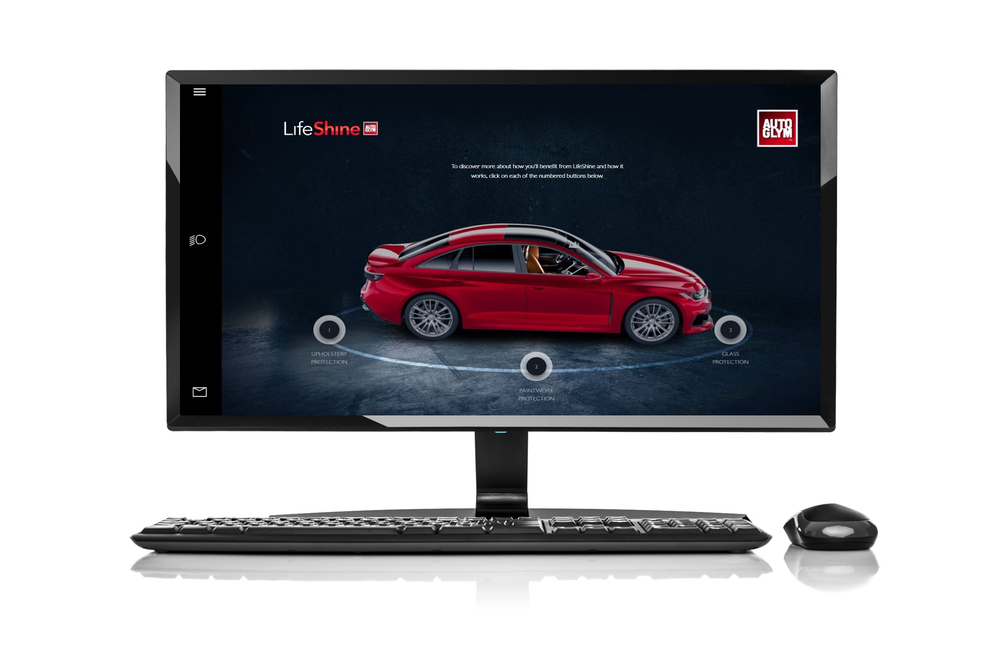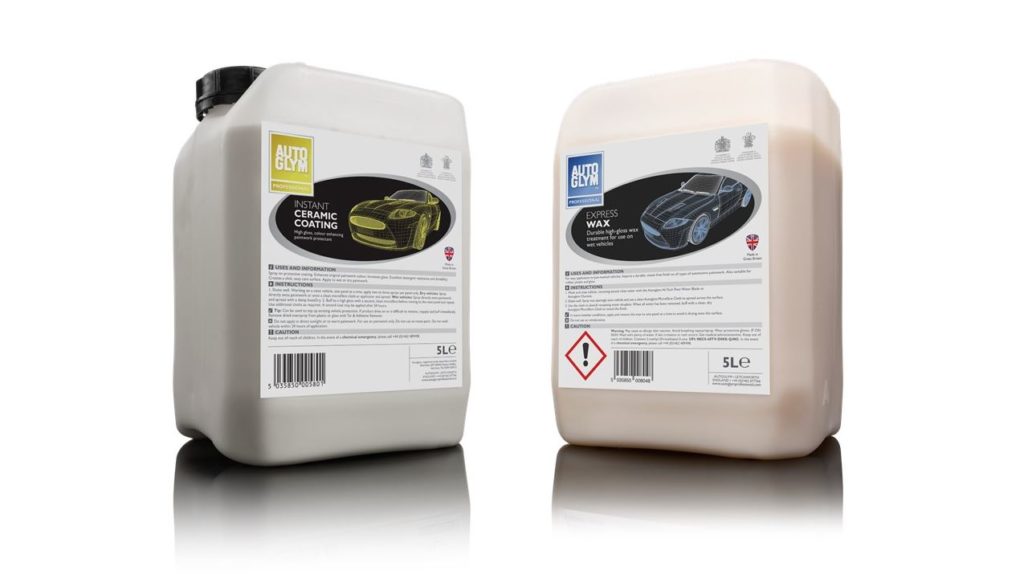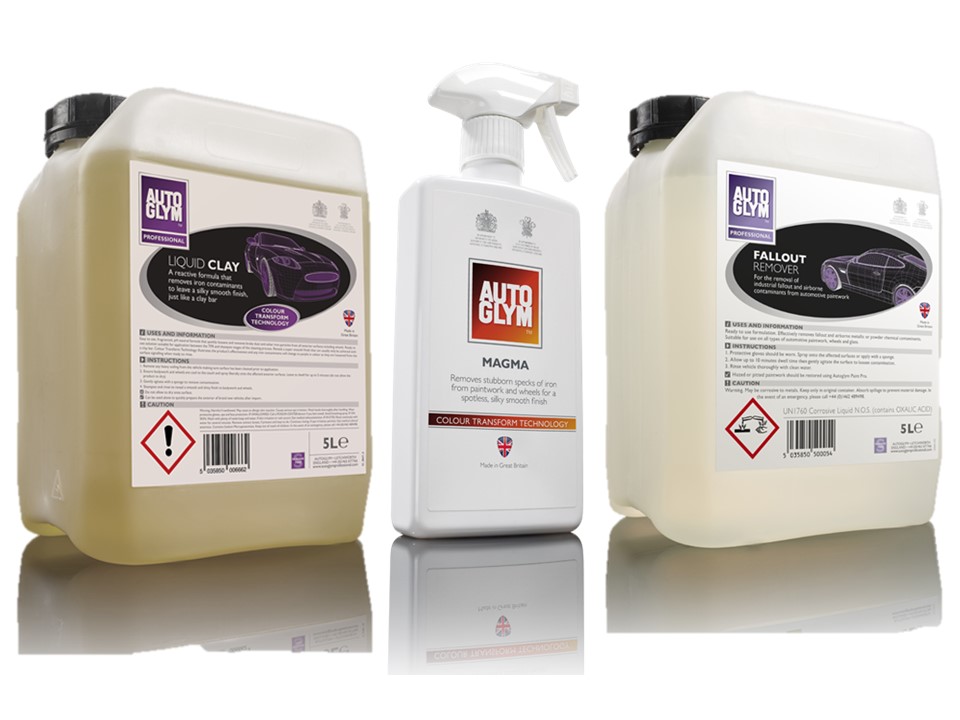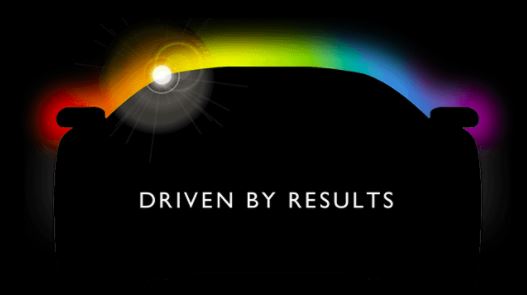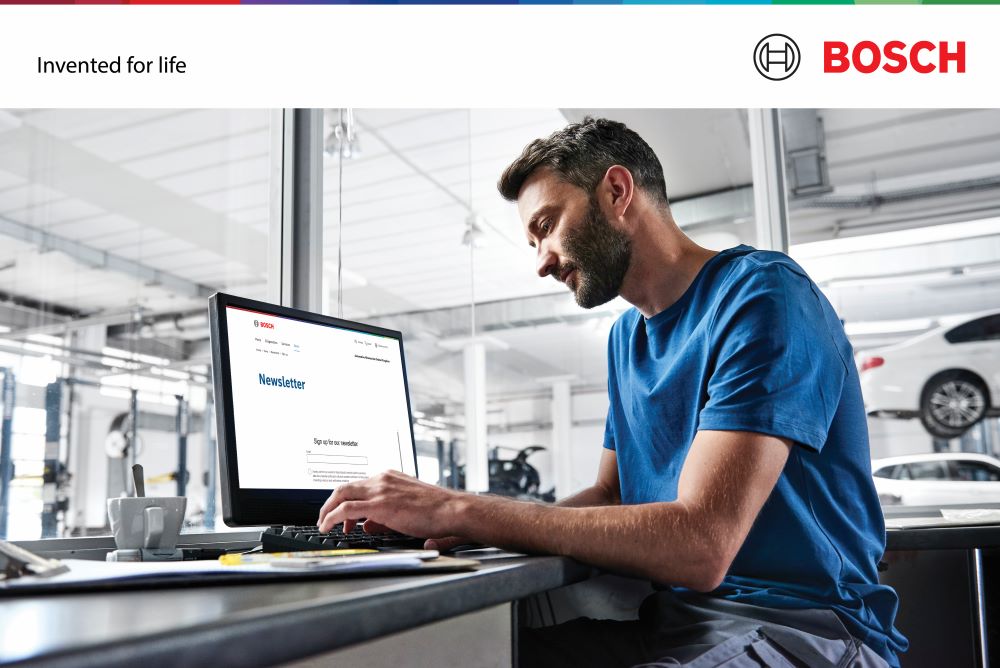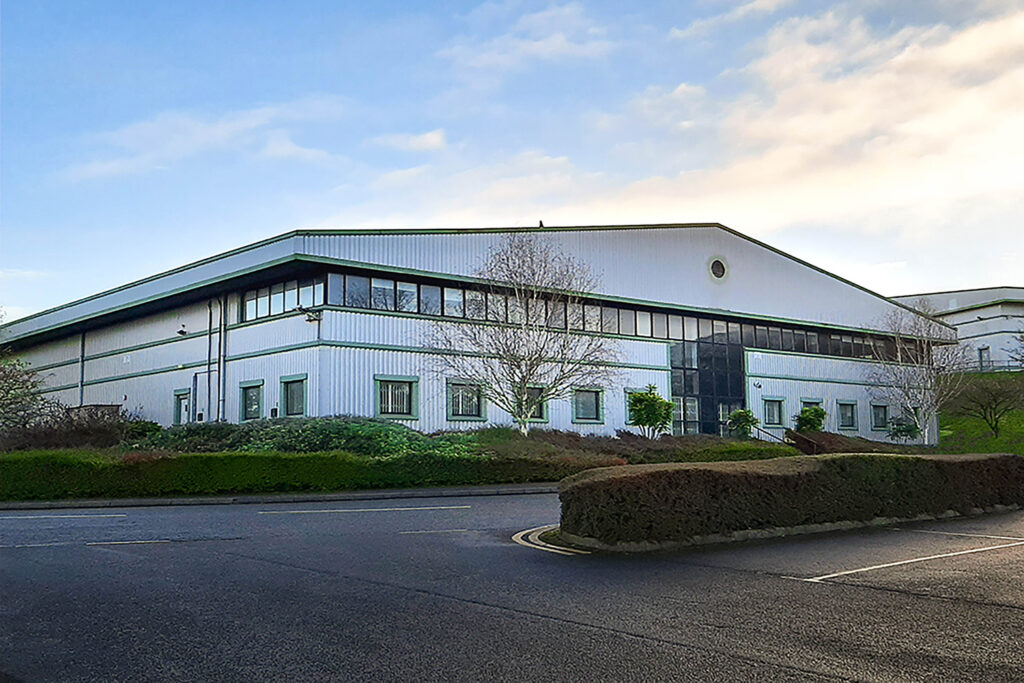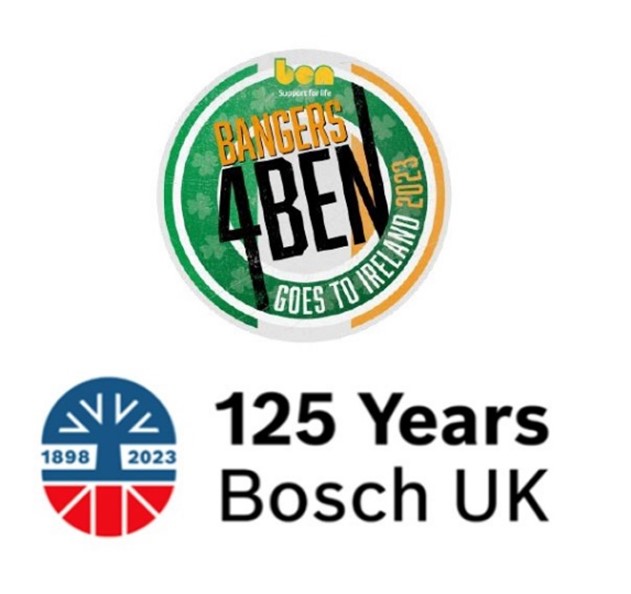There are certainly a lot of companies who thrive in the car reseller market, with the likes of Manheim, BCA, Aston Barclay and G3 the best-known names in the UK used vehicle parc. They offer a useful and convenient service. Cars are bought and sold in bulk, they handle the collection, the sale and return the proceeds to the vendor, removing any risk of comeback and ensuring a failsafe way of making sure used stock is collected and resold quickly, which makes it a pretty straightforward process. It frees up space quickly and it allows simple accounting, and that’s why it works so well for many businesses.
But for independent dealers, or smaller main dealer franchises and dealer groups, an independent reseller can often be a better option – especially when you can develop a relationship with the buyer. It means cars don’t always have to be sold for a minimal value to get them off the books, allowing dealers to offer better part-exchange rates to customers and even get more than their stand-in value back.
If you’re not dealing with enormous values, it may make sense – especially if you can find a trustworthy source to underwrite your stock.
One such example is Andrew Puddick, a used car dealer from Southampton who buys cars in batches of between five and 20 from two dealerships in the city.
“I buy out of a couple of local dealers where I know the staff really well,” says Andrew. “As will all things, you win some and you lose some. For example, sometimes a car will be traded in because it’s uneconomical to fix and I don’t find out until it turns up, but that’s the gamble you take. Those cars are scrapped and I get the salvage value back. Those that are worth preparing and selling more than make up for it and the two dealers I work with know I’m prepared to take that risk.
“They’re also not greedy. They know I have to make a living and that I’ll be doing the work to make a car saleable, so while I give them a little bit more than a big remarketing company, it’s plenty enough for me to work with. The big auction houses buy from the trade to sell to the trade so the whole equation works off trade valuations. Because I sell direct to retail, usually cars that are six to 10 years old, I have a bit more leeway in getting the prices right.”
His comments are echoed by Joe Fisher, an independent car dealer from March in Cambridgeshire, whose stock varies for seven to 12 years old. The bulk of his vehicles come from used car ‘warehouse’-style operations that sell cars under three years old.
“I started out buying and selling two or three cars at a time and was mostly dealing in older, cheaper cars,” he said. “But as I built up collateral I was able to approach a few places and have a sensible conversation about underwriting part-exes, which has led to me getting some much nicer and more profitable stock.
“I now have two regular sources who I agree to take everything from over a certain age. I know most cars will need some prep but that’s fine – it’s how I make my money. I also know there are lots of people like me who’d love to be able to source stock directly.”
The key, then, for independent franchises and high turnover sites is to find a good underwriter locally. It won’t work for everyone, but when it does, it works well for all parties.



